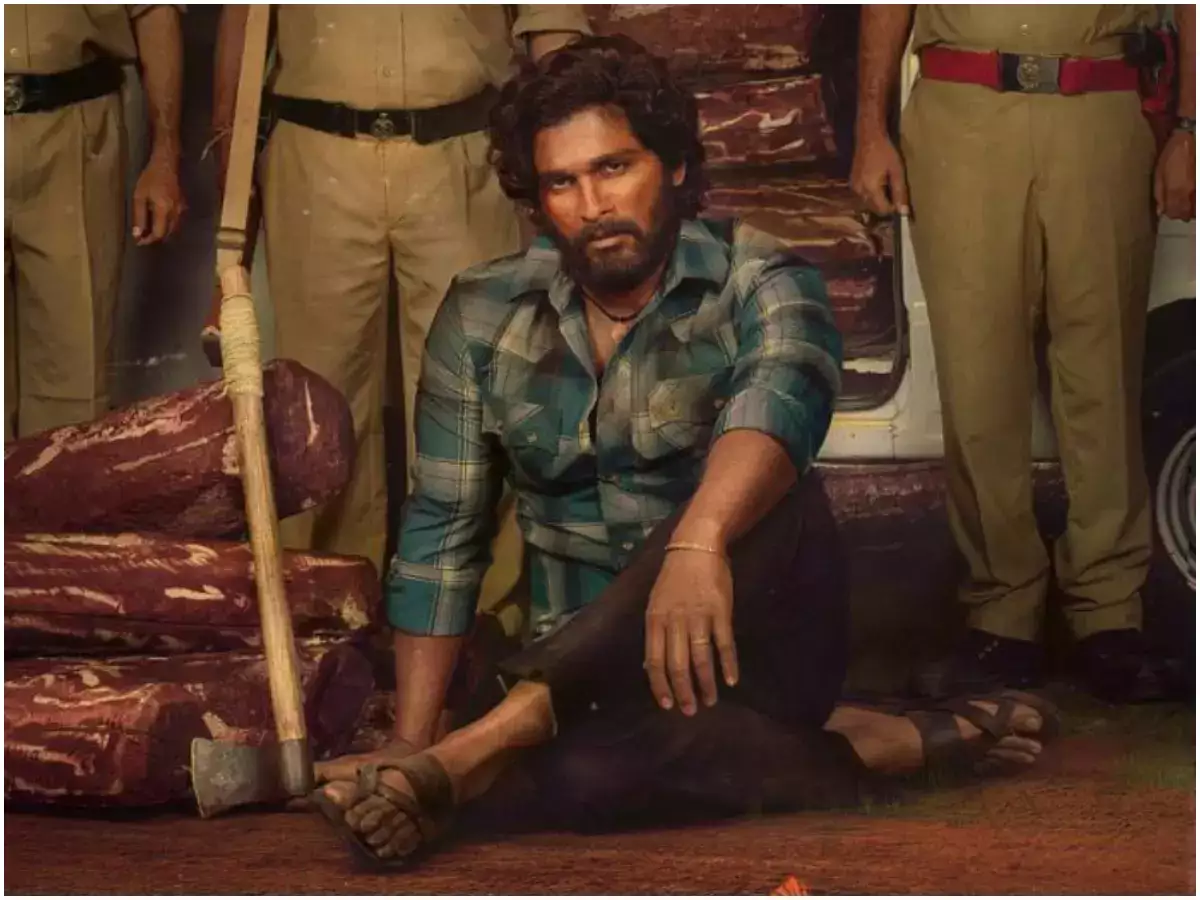Hello reader :) In this blog I am discussing Ecocriticism theory. What do Eco critics do? and some examples.
ECOCRITICISM
Ecocriticism Definition:
1.of or relating to the science of ecology
2.of or relating to the environments of living things or to the relationships between living things and their environments.
Ecocriticism was a term coined in the late 1970s by combining “criticism” with a shortened form of “ecology”—the science that investigates the interrelations of all forms of plant and animal life with each other and with their physical habitats.
“Ecocriticism” (or by alternative names, environmental criticism and green studies) designates the critical writings which explore the relations between literature and the biological and physical environment, conducted with an acute awareness of the damage being wrought on that environment by human activities.
Ecocritics do not share a single theoretical perspective or procedure; instead, their engagements with environmental literature manifest a wide range of traditional, poststructural, and postcolonial points of view and modes of analysis. Within this diversity, however, certain issues and concerns are recurrent:
1. It is claimed that the reigning religions and philosophies of Western civilization are deeply anthropocentric
2. Prominent in ecocriticism is a critique of binaries such as man/nature or culture/nature, viewed as mutually exclusive oppositions
3. Many ecocritics recommend, and themselves exemplify, the extension of “green reading” (that is, analysis of the implications of a text for environmental concerns and toward political action) to all literary genres
4. A conspicuous feature in ecocriticism is the analysis of the differences in attitudes toward the environment that are attributable to a writer’s race, ethnicity, social class, and gender.
What ecocritics do
1. They re-read major literary works from an ecocentric perspective, with particular attention to the representation of the natural world.
2. They extend the applicability of a range of ecocentric concepts, using them of things other than the natural world -concepts such as growth and energy, balance and imbalance, symbiosis and mutuality, and sustainable or unsustainable uses of energy and resources.
3. They give special canonical emphasis to writers who foreground nature as a major part of their subject matter, such as the American transcendentalists, the British Romantics, the poetry of John Clare, the work of Thomas Hardy and the Georgian poets of the early twentieth century.
4. They extend the range of literary-critical practice by placing a new emphasis on relevant 'factual' writing, especially reflective topographical material such as essays, travel writing, memoirs, and regional literature.
5. They turn away from the 'social constructivism' and 'linguistic determinism' of dominant literary theories (with their emphasis on the linguistic and social constructedness of the external world) and instead emphasise ecocentric values of meticulous observation, collective ethical responsibility, and the claims of the world beyond ourselves.
Example
This advertisement is new in cosmetic products the are clearly said that if you buy this product the are plant tree and they make natural products Mama Earth
Original website in this go to plant goodness see your plant location and other things.
This poem in 5th standard students' English book how people enter the privacy of Nature we are disturbing Nature.
Poem
In the jungle, standing near the lake, I saw a tiger looking at a snake.
In the jungle, swimming with a smile, I saw a big green crocodile.
In the jungle, roaring loudly, I saw a lion sitting proudly.
In the jungle, driving down the path, I saw a hippopotamus taking a bath.
In the jungle, hanging on a tree. I saw some monkeys laughing at me.
In the jungle on a branch in a tree, I heard some parrots talking to me.
Flying Jatt
This movie is made for children it is about superman you think that why I selected this movie in this movie hero gain power from Nature and greenness around him and villain is Pollution director use one person as a pollution but this is metaphor used by director.
Pushpa
This movie is highly popular in our contemporary time this whole movie focusing on smuggling of Red Chandan wood because for own interested or business becoming rich destroyed Nature and specially destroying Jungale.






No comments:
Post a Comment